I’ve made my tour manager license in June 2009, at the time when it was still regulated by Polish law. I needed to acquire vast knowledge and pass the three exams: on paper, in front of the committee and in the field. Failed many times on each of them, but finally, I passed. It turned out that the most difficult task was yet to come.
Tour manager in chaos
Italy, Ukraine, Austria, Czech Republic, Hungary, USA, Malta… and so on. The tour destinations changed rapidly. Every time there was the same issue: a massive set of information about the country and complicated logistics. There were not enough details about cultural nuances, local customs, historical turmoil and known Polish figures in travel guides. I needed to bring with me hand notes, photos and renowned artists’ images. Back then, a thick binder was the only way to keep everything in order. A handbook calendar was also indispensable, where I kept track of all work notes, bus mileage or changes in the trip schedule.
A tour operator introduced a new trip to the catalogue, so I got the privilege to conduct it and write down the trip manual. The museum tour was planned at 10:00 AM, city walk with a guide at 12:30 PM and the opera concert at 7:00 PM. Meanwhile, we needed to arrange time for lunch and a break in the city square. How to do it when the railway employees were striking, customs officers were absent and the narrow access road was blocked by pilgrimages?
Some of those extraordinary events have been posted online, so I could prepare in advance using my devices. The laptop was great at home, when I wrote down current news, curiosities from blogs and tourist information centers. But on the road, a tablet or smartphone was much handier. In the end, I was carrying all three devices because each was useful in other circumstances. Additionally, a power bank or replaceable battery was also in the bag, as the transfers could last more than twenty-four hours. Finally, the second mobile phone with a local SIM card was a crucial item in the equipment. Without it, the international call and text rates could be costly.
Confirming the appointment with a local guide, scheduling the dinner for a group in the restaurant or informing the local agency about the unexpected issue was just a small part of the daily routine. There were times when I talked for hours over the phone while managing the situation on the site. But, the most important post-it note with a telephone number was lost. The contact record was also saved in one of the phones, but which one? The previous one, that was damaged during heavy rain.
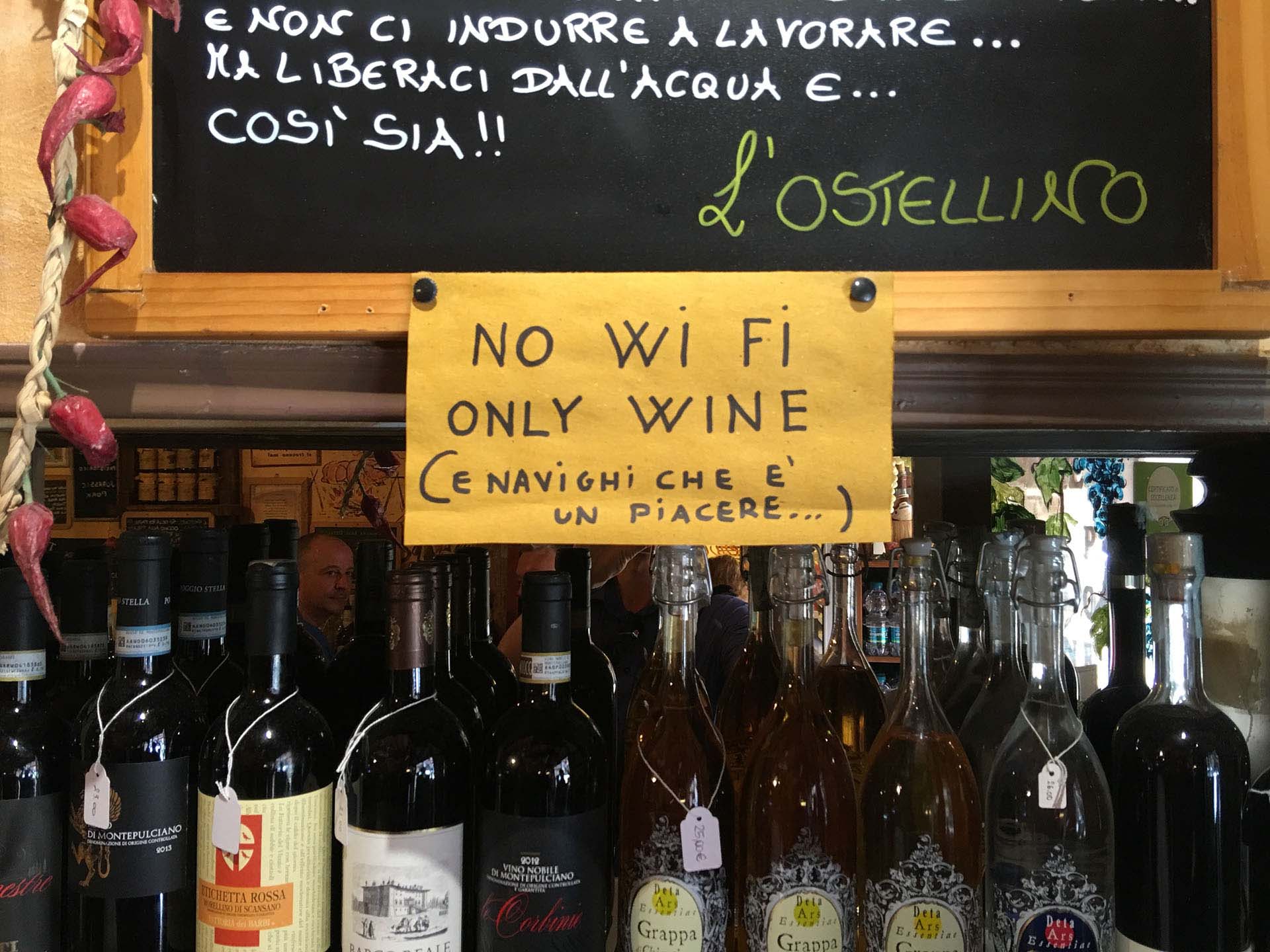
Fortunately, I could reach out to friends on Facebook and get in touch with the right people. If not for the free Wi-Fi in a hotel, I would be doomed. I had a mobile internet plan on my local SIM card, but an app ate the whole data allowance. The mobile operator didn’t offer extra gigabytes to buy, so I was forced to wait until the end of the month.
We needed to move from the hotel to the following destinations and while my group was led by the local guide, I hunted for the next hotspot. The tour operator was expecting my quick email answers and I needed to download PDF museum tickets. The hunting was a usual challenge:
- In the local café, my tablet connected to the router, but there was no internet connection.
- In the restaurant, all the people were using laptops; the network was so overloaded that I couldn’t even pull the emails.
- In Starbucks, I bought a coffee, used the code from the receipt, registered with my Facebook account, verified it's me and needed to repeat all the steps every 15 minutes!
The last thing before I ran to catch my group in the city square was a hotel address research. Bus drivers’ GPS navigation could not find the route to our place. It turned out that the street name could be written in two ways. The case was solved, once I found the hotel’s homepage. Even though I took with me the road atlas book and regional paper map, there was no use for them.
Simplicity desire
Only when the day was nearly over, I could put back my bag and realize how extremely heavy was my equipment. Like many other tour managers, I preferred a messenger bag, as the content access was much more convenient than in a backpack. Back pain reminded me that I should find a better solution.
I wanted to know easy answers to difficult questions:
- How to minimize the number of books, maps, catalogues and other documents I needed to have with me?
- Which mobile device would be the best for my work?
- How to find a proper internet connection abroad?
- How to limit the battery consumption on my phones and other devices?
- What roadmaps should I use to get around traffic?
- What city maps should I use to lead the groups?
- How to find a proper location of hotels and other points of interest?
- How to back up my contacts and keep them in sync between devices?
- How to secure my documents and devices against theft and destruction?
- Which app could replace the handbook calendar?

Misfortune adventures of a tour manager
To find all the answers, I have started to experiment. On every trip, I tested many methods. They gave me feedback. Mostly a discouraging feedback.
The Internet at sea
For a month, I worked on a cruise ship in the Mediterranean Sea. The ship was on a loop route between several European countries. To stay in touch, I bought the UE internet data plan from my Polish mobile operator. Service terms included satellite transmission, in case I sail through the seas. In fact, the internet worked great on the land, but every time the ship was on the move I could not connect. My tablet tried to pull email data, but it was unsuccessful. At the end of the month, the Polish mobile operator charged me an additional fee — 400 PLN (around 100 EUR), even though it should be included in my plan.
A trip to Dublin and back
To stretch my horizons, I went by bus to Dublin. After spending a nice week in Ireland’s capital, I was going back to London. The stopover lasted six hours, so I walked to see the Buckingham Palace. The imperial residence and ideal mowed grass took over my attention. In consequence, I lost my way in the city and didn’t catch the next bus to Poland. I regret not buying a paper city plan or having a map on my phone. This could save me a 600 PLN (around 150 EUR) I spent on a new ticket to home.
Ultralight theft
To stay in touch with the tour operator and be able to run the bookings on a trip, I was carrying around my Ultrabook. A light and durable notebook, perfect for working on the go. To protect it, I used tips from experienced travelers. Put a sticker on a manufacturer’s logo and hid it in an old, worn out backpack to decrease the potential value. Additionally, there was a GPS module and a SIM card on this computer. I even registered it in Prey, anti-theft software. None of this worked, when a thief broke the bus door lock and took everything that was within the reach of his hands. The video recording didn’t help, as the police didn’t locate the suspect. My loss was 2 500 PLN (around 600 EUR).
Those are just a few issues, where the value was easy to calculate. There were countless situations when I lost a lot of time and energy. I don’t regret them. Overall, after each mistake, I gained valuable experience.
A nerd, who is a tour manager
Nerd is an extremely passionate person. It’s an expert, that can share his knowledge with others. Back in the 80’ and 90’ TV was presenting him as a loser, sitting all day in front of the computer and having issues with human interactions. The influence of video games, the spread of the internet and mobile technology shifted the popular culture. Therefore, the image of nerds was changed. In the current TV series they are presented in the funny, likeable way:
Yes, I also consider myself as a nerd.
Maybe it is strange that this “anti-social freak” is travelling the world and even telling stories to tourists. In the matter of facts, being a nerd tremendously helped me in my work as a tour guide.
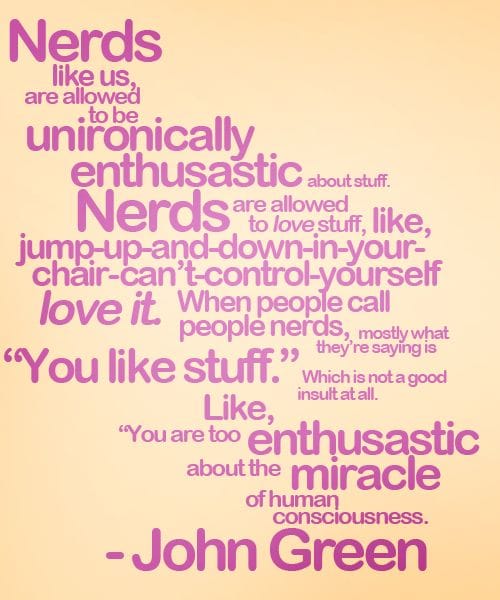
Practical solutions of the Nerd on Tour
I use the solution system for every issue on a tour. Analysis, experiment and solution summarize. I gain experience like characters in a Role-Playing Game. This is how I view tourism.
In the difficult situations, I find patterns, that let me think quickly and analytically. It is not relevant whether the issue relates to tourists, trip logistics or local agency.
Every day I test and polish the system. The most important principles are:
- Simplicity
- Speed
- Saving time and energy
I am fascinated by the dynamics of modern tourism and tourists' desires. I passionately follow the technological news, mobile apps markets and online services for tourists. Love to test devices in the field and find new ways of using them, beyond the original creators’ intents.
The practical solution system that I developed over the years, helped me find answers to all difficult questions about tourism.
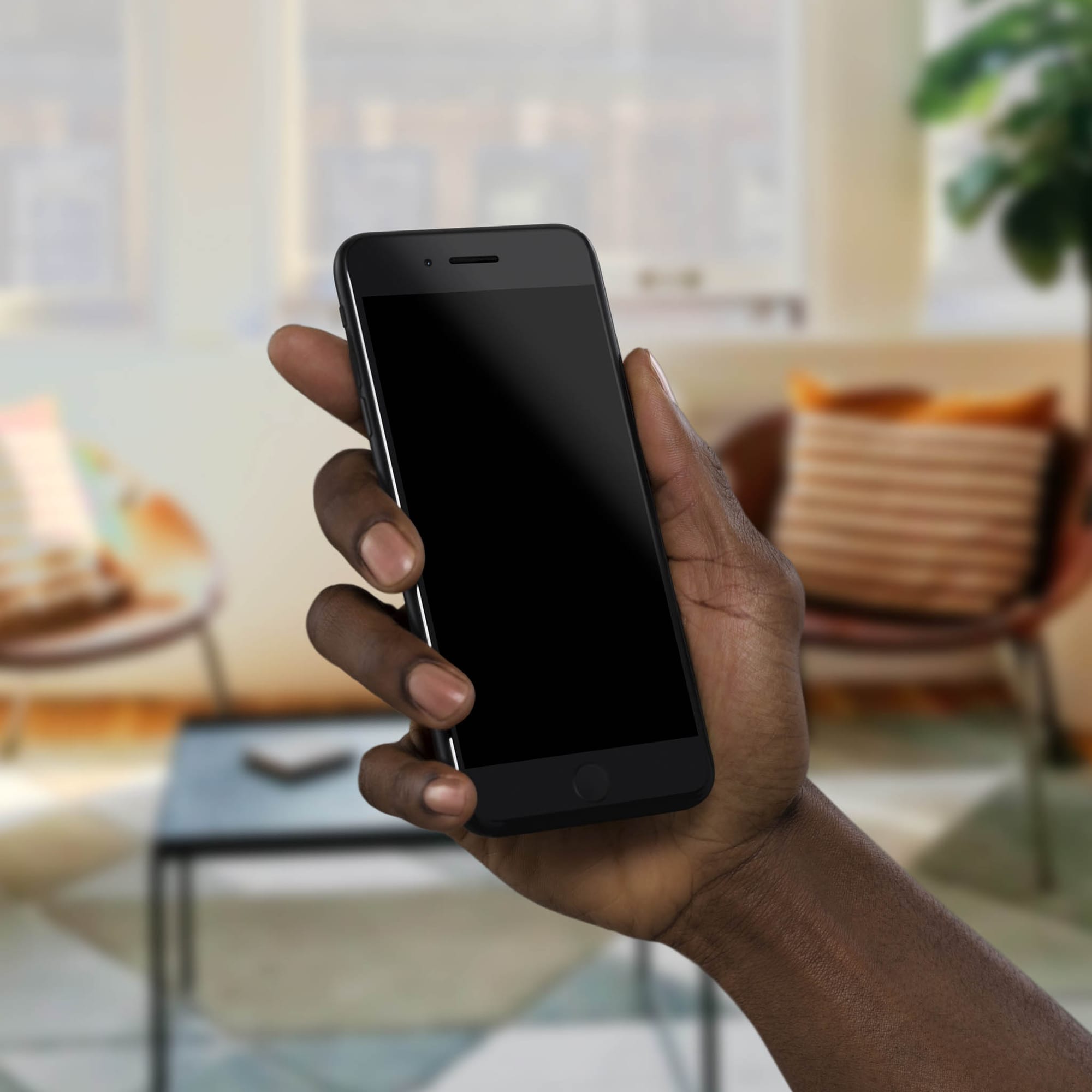
Calm trips of a manager, who is a nerd
As a tour manager, I am intensely focused on my responsibilities because I know that every single element of the trip influences the tourists’ satisfaction. It is the most important factor in the professional work. With my technological advancements, I gained something that cannot be bought:
- Time
- Calmness
- Self-esteem
The intensive tour itineraries start at 6:00 AM and end at 11:00 PM. I eat on the go, sleep just 3 to 4 hours a night and run between an embassy, city square and a museum. Time is a currency I have very little. With reliable devices, I have it much more.
Usually, when I was in the rush to get to this one of a kind event, there was record-breaking traffic. I arrived just a few minutes before the start of the show, but at the same moment, one tourist realized his passport was stolen, and another one was seriously sick. Knowledge of the technology helps to manage unexpected events and remain calm.
A teenager who travels with his grandma is asking a detailed question about a sculpture in the church. He saw it before in the virtual world, as he is a fan of Assassin’s Creed, an action-adventure game set in the historical realms. I also played this game and I know what facts would be the most interesting for him. With self-esteem, I explained the story behind the sculpture.
My emotional state influences others. If I am smiling, sincere and forgiving, so are my tourists. I can give them more time and attention, which directly increases the satisfaction. How did I achieve it?
- I don’t look for Wi-Fi anymore because I know how to find the best deals for mobile internet, regardless of the country.
- All maps, booklets, country facts and company notes are both in the cloud and on my devices so I can access them even being offline.
- I carry around maximum two mobile devices — my bag is lighter, and I can still do all the work.
- I never lose my key contacts as they are synchronized between all of my devices.
- My reliable calendar app has infinite capacity, a complete list of hotels, restaurants, points of interest, physical addresses and works offline.
- I know how to search to find the precise coordinates, business hours and telephone numbers to hospitals, police stations, embassies, supermarkets, florists et cetera.
This system has been tested countless times, and it works in every destination. Every following trip is easier to prepare and execute because technology finally works for me, not against me.
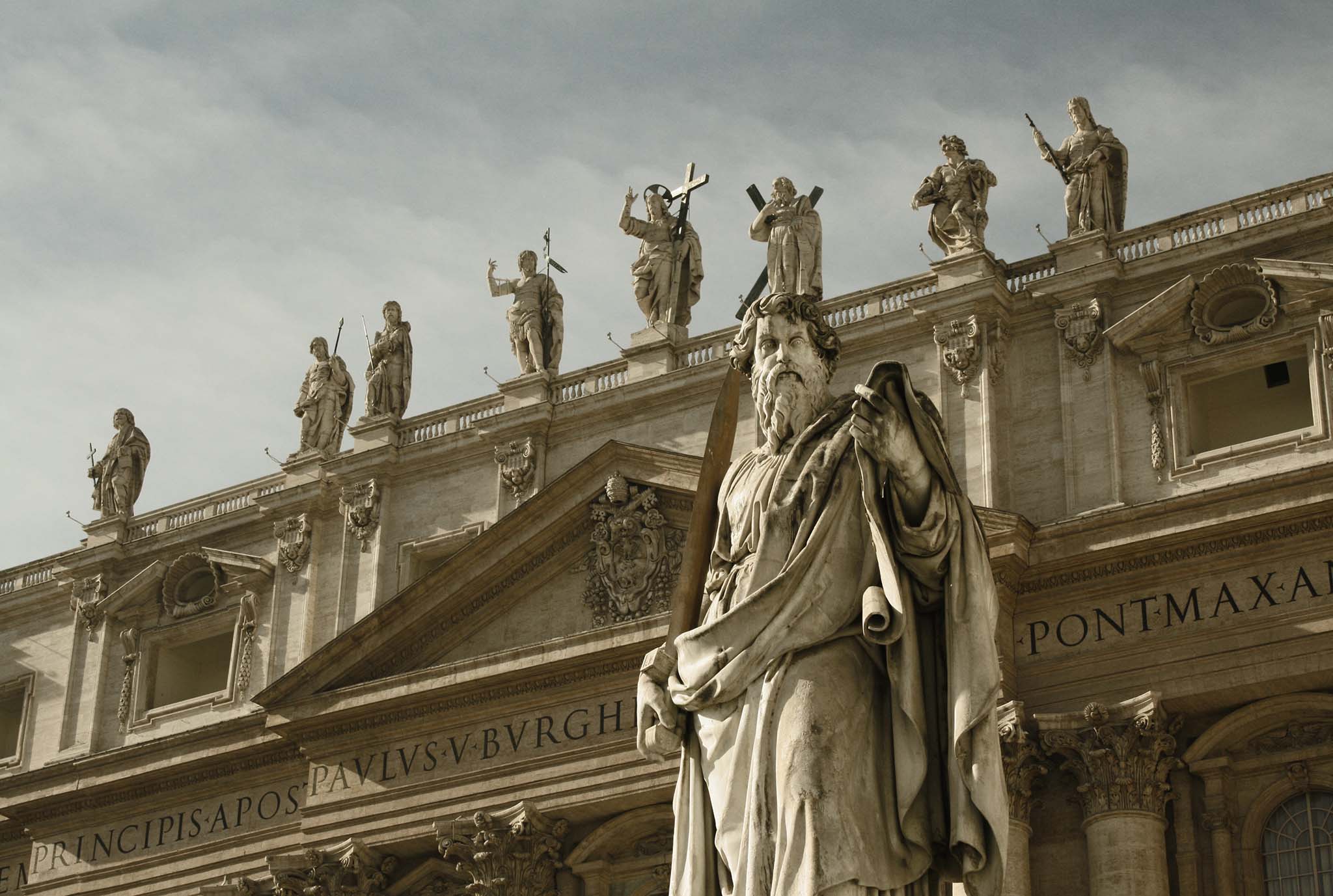
Nerd for your service
Allow me to share my journey with you. Sign up for the newsletter where I share all my techniques, strategies, recommendations and practical solutions. They are always served in fascinating travel theme.
Moreover, I am intrigued to learn about your digital nomad journey. If you experience remote work challenges or want to talk through your travel plans, let's have a call.
I am here to help. As a human, as a tour manager, and as a nerd on tour.

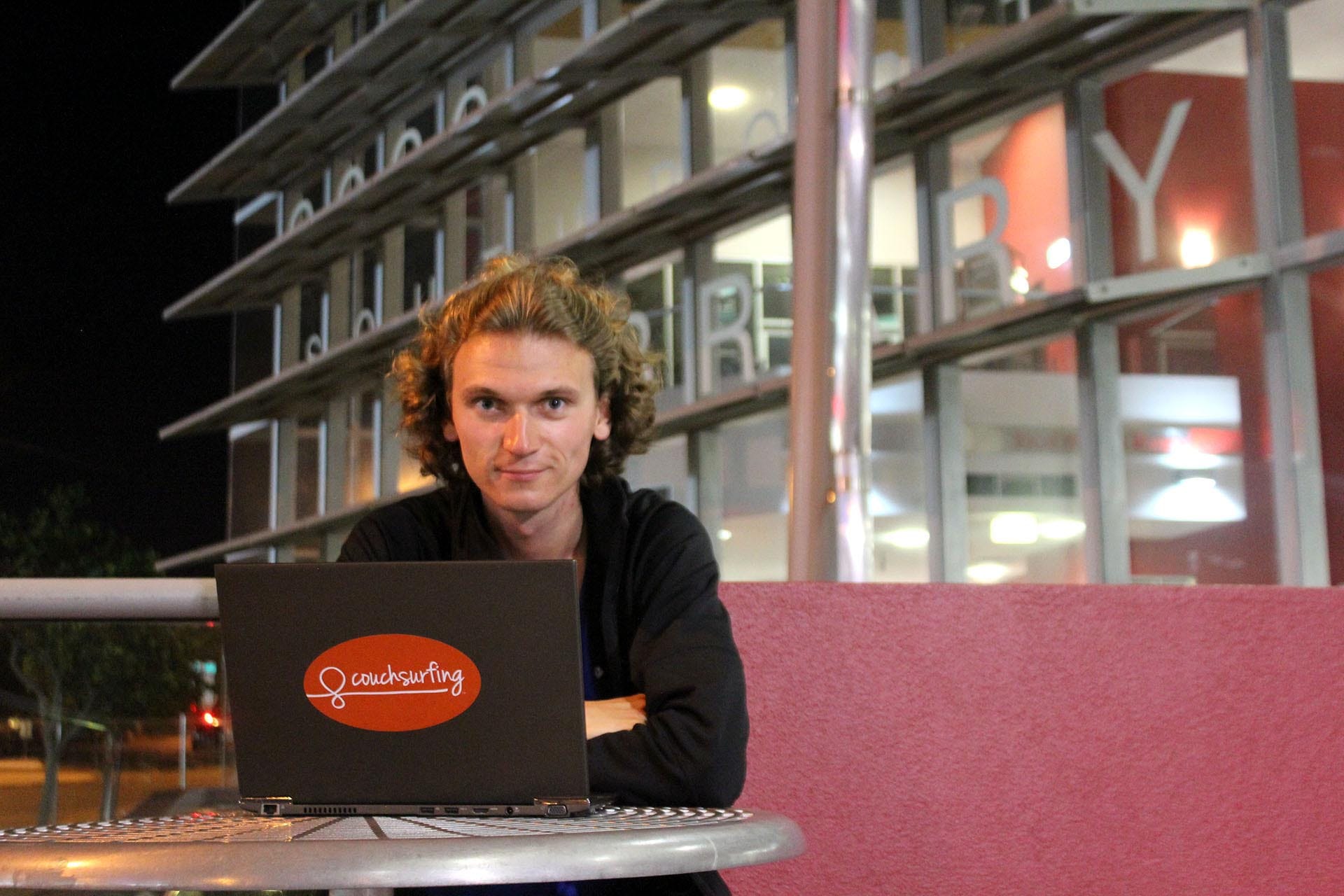
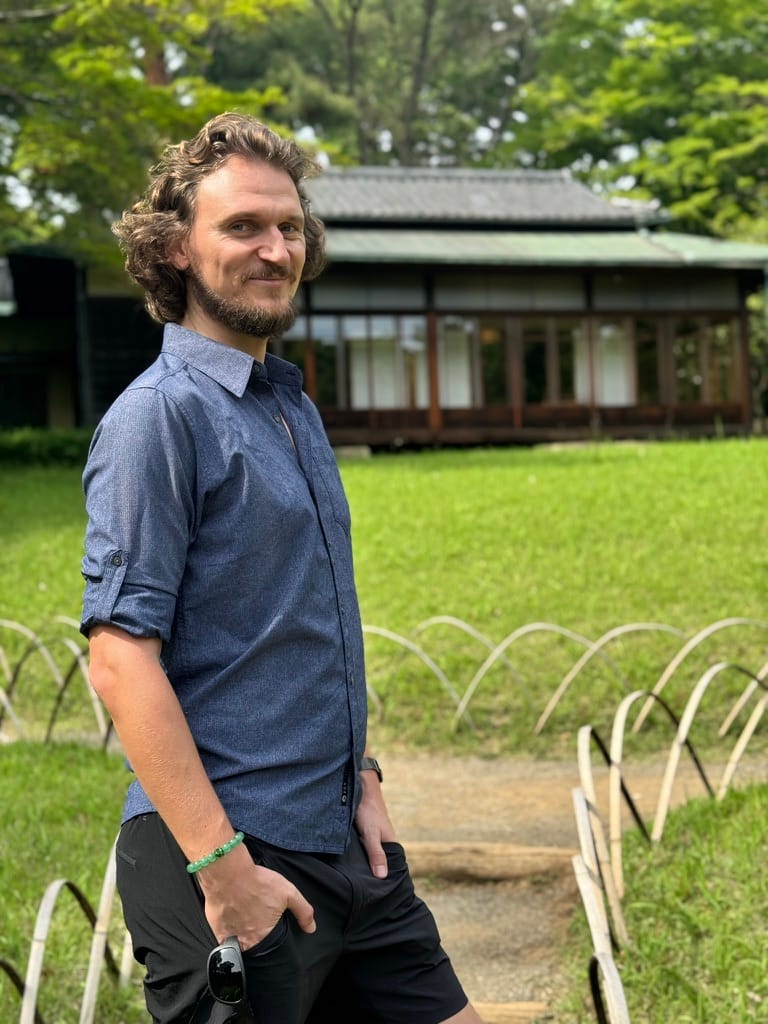


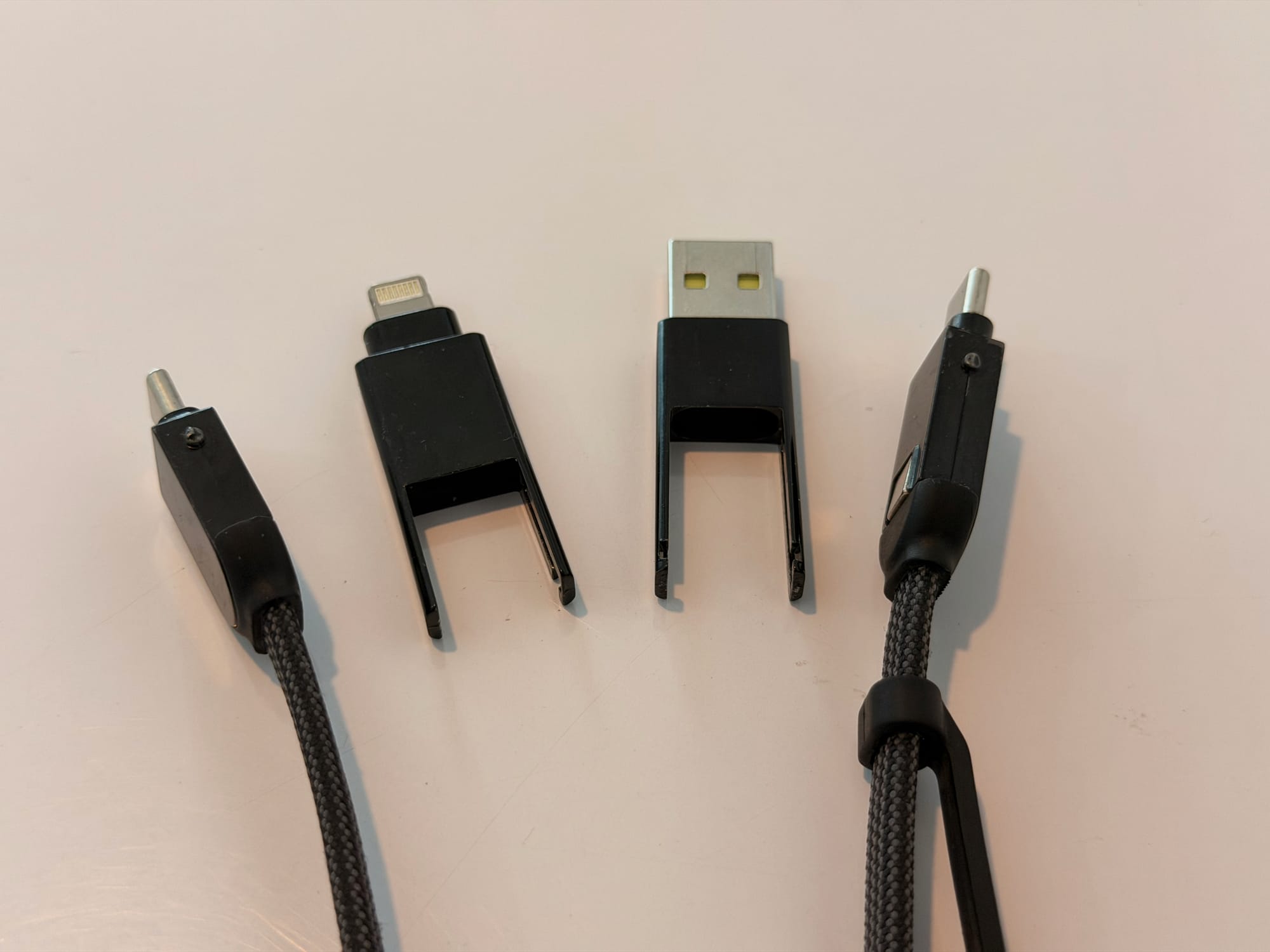
Discussion